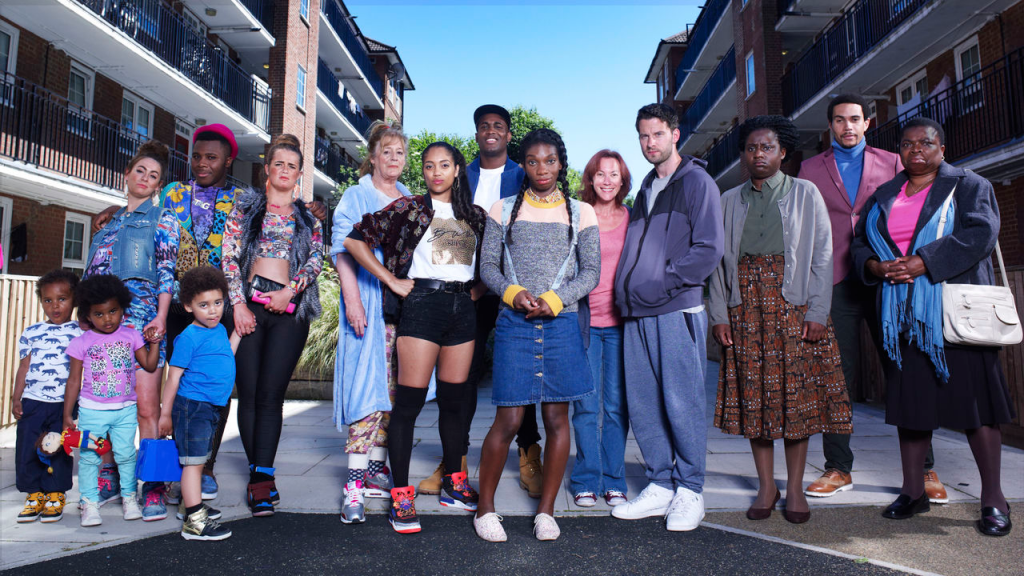
Especially today, intersectionality is often at the forefront of discussions regarding oppression and discrimination. We can find these themes in forms of art, including television. These shows explore aspects of race, sexuality and identity that often go neglected, and can be found across popular viewing platforms. For a fresh take on film, check out Pipe Dream’s picks.
“One Day at a Time” — This Netflix revival aired in January 2017 and focuses on a Cuban-American family living in Los Angeles, California. The show was originally on air in the 1970s and 1980s, and had a focus on gender, with it’s portrayal of a single mom working to raise her kids. In this new reboot, one of the daughters in the show is exploring and navigating her queer identity. Lydia, played by Rita Moreno, is the matriarch of the family, helping to market the show as intergenerational and relevant to viewers of all ages.
“Chewing Gum” — “Chewing Gum” is an English TV show which first aired in 2015 and was added to Netflix in late 2016. The series stars Michaela Coel, a British-Ghanaian actress, who plays Tracey, the show’s religiously restricted and sexually frustrated main star. The show is a spinoff of a play Coel did for a senior project at the Guildhall School of Music and Drama in London. “Chewing Gum” takes look at the dialogue centered on race, religion and closeted homosexuality. Despite its heavy underlying themes, the show remains refreshingly hopeful.
“Brown Girls” — This web series written by Fatimah Asghar is set to come out in February 2017. The show follows two women of color, best friends who are navigating relationships, dating and parental expectations, among other things. The conversations are similar to conversations you might have with your close friends, and the dialogue is dryly humorous with explicit discussions of sex and feminism. Highlights from the show include quotes like, “I’m not going to begin to give you a lecture on what you don’t know about feminism.”
“Appropriate Behavior” — If films are more your speed, “Appropriate Behavior” is a good choice, having won awards at the Sundance Film Festival. The main character of the film is Shirin, a young bisexual Persian-American woman played by Desiree Akhavan. Following a breakup with ex-girlfriend Maxine, Shirin goes through a personal journey, with the film exploring themes of acceptance and identity.


